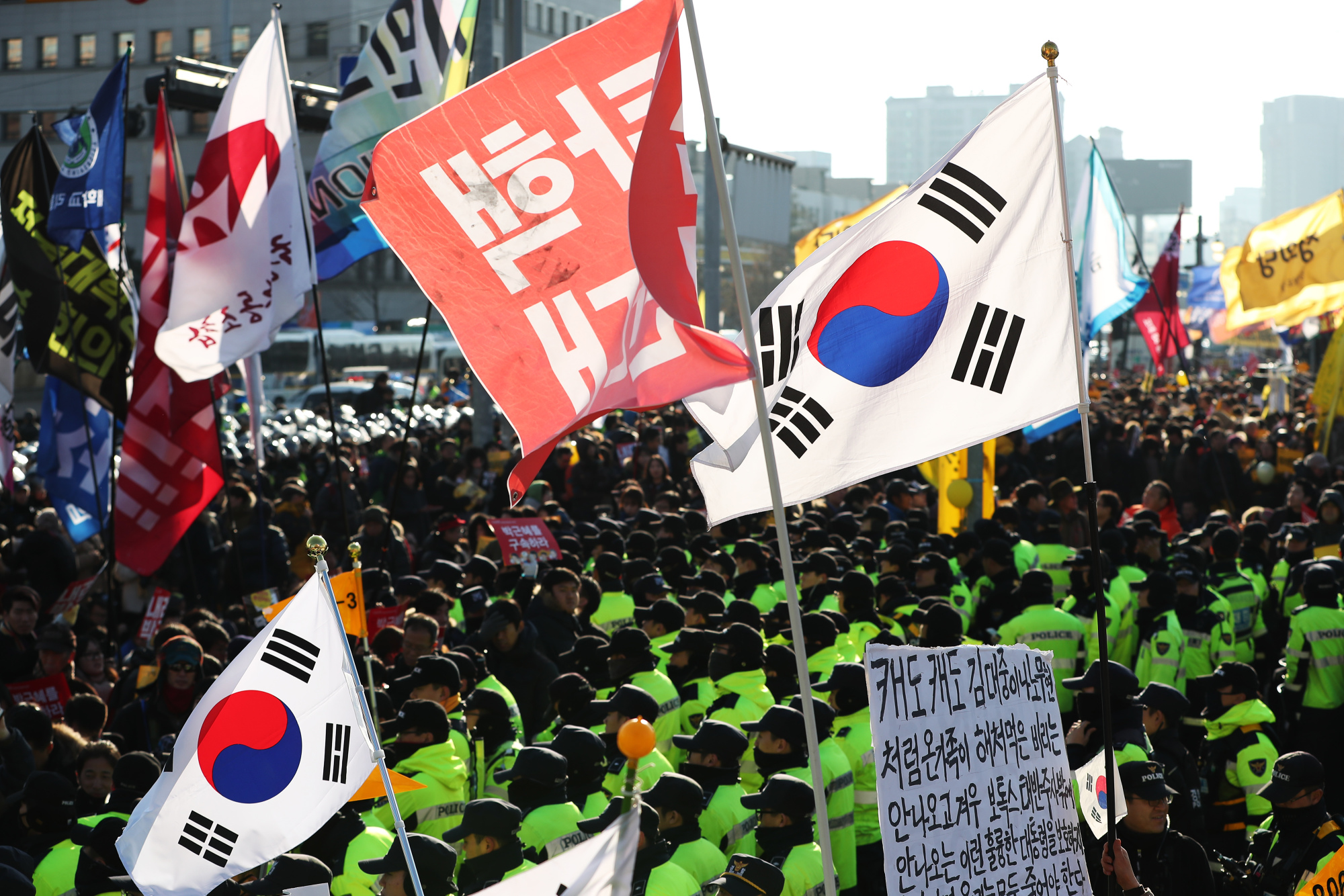Across Asia we are witnessing political turmoil and vigorous political contestation. South Korea's "candlelight revolution," involving millions of citizens demonstrating for several weeks in Seoul, instigated the landslide vote to impeach President Park Geun-hye by the National Assembly on Dec. 9. In Taiwan, there have been mass rallies favoring and opposing same-sex marriage as citizens grow impatient for promised reforms.
Simultaneously, in Jakarta there have been massive street protests by hard-line Islamic groups targeting Gov. Basuki Tjahaja Purnama, known as "Ahok," due to comments he made while campaigning for re-election that some fundamentalist observers have chosen to interpret as blasphemous. Being Christian and ethnic Chinese makes him a handy target.
Peaceful street protests are a sign of a vibrant democracy, and are especially gratifying in these three nations, where authoritarian governments once repressed such expressions of public will. The democratic transitions in South Korea and Taiwan in the late 1980s and in Indonesia a decade later have been followed by regular changes in governments, transforming the political landscape and putting an end to the thesis once championed by Asia's autocratic leaders that democracy is incompatible with regional norms and values.



















With your current subscription plan you can comment on stories. However, before writing your first comment, please create a display name in the Profile section of your subscriber account page.